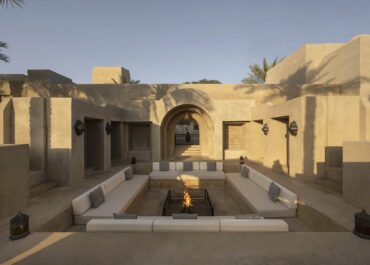Founded in 1910 in the Piedmont region of northern Italy, Zegna has grown from a family-run wool mill into one of the most respected global luxury groups, known not only for its refined menswear and vertically integrated supply chain, but also for its values-driven approach to business.
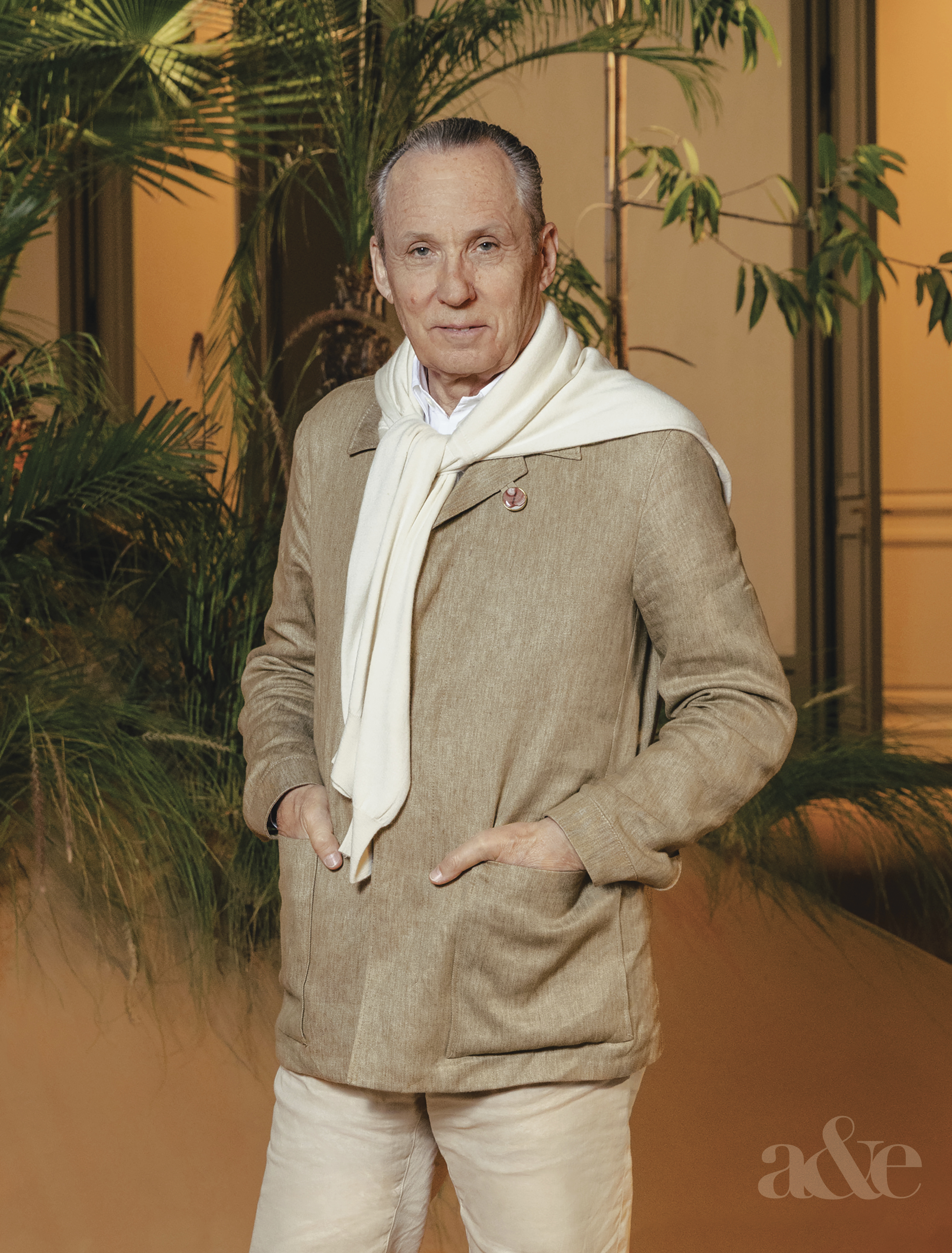
Still family-led after more than a century, the company made headlines when it became the first Italian luxury menswear brand to go public on the New York Stock Exchange in 2021, a strategic move that marked a new era for the brand while preserving its core DNA.
With over 500 points of sale worldwide and a portfolio that includes the recently acquired Tom Ford Fashion brand (in partnership with The Estée Lauder Companies), Zegna is shaping the future of Italian luxury on its own terms. At its heart is a commitment to “Made in Italy” excellence, sustainability, and long-term vision, principles that continue to guide its evolution under the leadership of CEO Gildo Zegna.
In this exclusive conversation, Gildo Zegna shares his views on what it means to lead a 115-year legacy in a time of disruption, the strategic pillars supporting the group’s global growth, and why relevance today depends on timelessness, innovation, and authenticity. From the brand’s growing presence in the Middle East to its cultural initiatives around the world, Zegna remains one of the rare luxury houses that still marries entrepreneurial spirit with deep-rooted heritage.
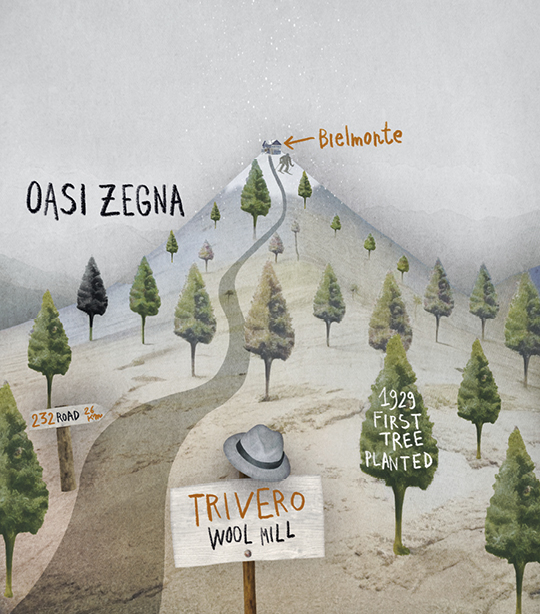
Tell us about your vision for Zegna
My vision is to stay true to our legacy and roots, which is creating products with exceptional quality and timeless style. I’d describe it as timeless, excellent-quality pieces, most of them made in our factories and in Italy. I think this is what sets Zegna apart. It’s a modern lifestyle for international clients, made up of pieces that will last forever. This was the vision of our founder, and it’s the vision we continue with today as we pass the baton through generations.
The attention to quality and modernity, and catering to the international lifestyle of our customers, is very important. It’s a customer-centric approach. With any product we create, we pay special attention to personalisation. This is more than just a couture service; it’s something we can offer in every product we make, thanks to the vertical integration we have. Without full control of our production, this would be very difficult to achieve.
So I believe this is our legacy and our way forward. If I had to sum it up, it would be timeless luxury.
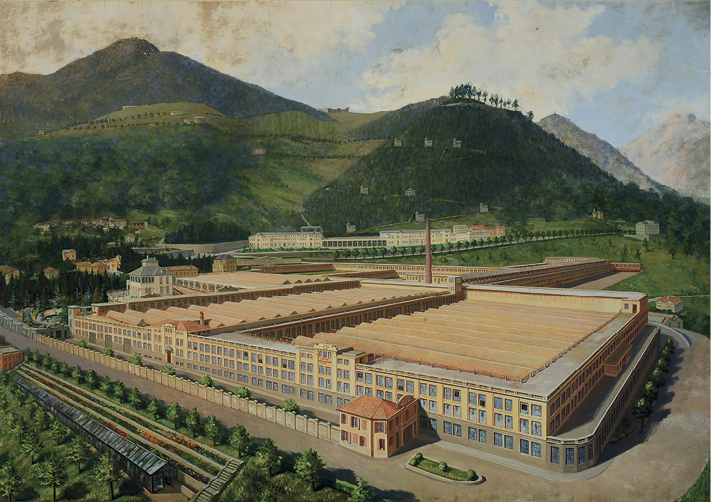
What are the key pillars supporting Zegna’s evolution and growth?
The first thing is having the right strategy. Secondly, you must know what you’re doing, and that comes from having full 360-degree control of our operations. I believe the people within our organisation are key to its success. The brand is fuelled by two things: the fact that it’s made in Italy, and its people. That’s what truly sets us apart.
We are navigating a very delicate moment for the luxury sector globally. Every day, something new arises. You must be wise, have a clear mind, and have the resources to lead. But unless you have an organisation with energy and clarity, it’s very hard to keep going.
Strategy, people, and resources. These three together create success. There are good times and bad times, but we’re here for the long term. The fact that we are a public company doesn’t change that; we focus on long-term goals. We have partners who came to us because they believed Zegna was worth the investment. We share values, and they have great respect for our family and the new generation stepping in, which is doing very well. These, to me, are the key ingredients.
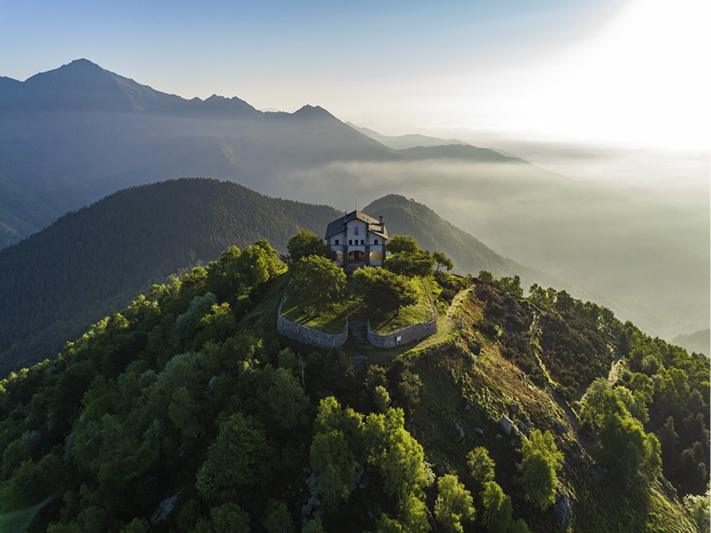
Can you name some initiatives that are ensuring the brand’s relevance and evolution?
Every six months, we launch something that strengthens our presence. I think the recent event in Dubai was fantastic. It showed the power of the organisation and created strong interest from Zegna’s community. It was a well-executed project with perfect timing and the right people. We had great support from the local community, and working with local teams really makes a difference.
The second example is our recent event in Aspen. We planted 160,000 trees there with the support of local environmental authorities. We wanted to give something back to the area, just as we do in Italy. Why Aspen? Because it’s a key market for us, and we want to transfer this legacy of sustainability and dreams, to the U.S. We want to send out a clear message about the brand’s modernity and the importance of protecting the environment.
The third initiative is our partnership with Art Basel. The world of art is very interesting to us, and it brings together many of Zegna’s friends. We support art and culture around the world through this collaboration. It’s not just in Basel—it’s Miami, it’s Paris, it’s Hong Kong, and soon it will be Qatar. We currently have a three-year sponsorship with them, and we’re planning more events together. It’s fun, and it’s a new way to reach our audience and expand the brand.

Tell us about the importance of the Middle East within the Zegna universe.
The region is key for us, and I think it can only grow. We’re currently renovating our store in Dubai Mall, which is now our top-performing store globally. It has overtaken both New York and Hong Kong, which shows how the world is changing. Dubai is becoming the centre of the world.
The Dubai Mall flagship gave the brand an incredible image globally. While Dubai is the core of our regional presence, we also have a strong expansion plan across the wider region. The UAE is a hub for all industries, not just logistically, but in terms of ease, marketing strength, and growth potential. It’s a place that embraces progress.
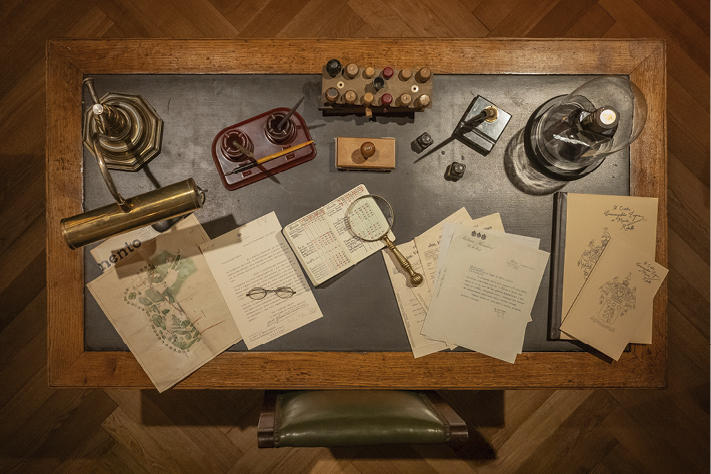
How do you find the balance between guiding the brand’s legacy and staying relevant for today’s customer?
We’ve drawn a clear line between the family and the business. There’s a united family and a major shareholder, and we must ensure that both are satisfied. At the same time, we have to keep the people working for us motivated. It’s a delicate balance.
One thing I’ve learned is to lead by example, that’s still a very important motto for me. You can’t expect someone to follow you, improve, or sacrifice unless you demonstrate that same commitment yourself. So far, I think we’ve managed it well, and I hope future generations will carry that sensitivity, intelligence, and leadership forward. They’re well-trained, so I believe they’ll continue to lead.

Tell us about the importance of ‘Made in Italy’ for you and the Zegna house.
Made in Italy is the strongest brand on Earth. It’s a treasure that belongs to us, and we must honour and protect it. By working with local authorities, suppliers, and businesses, we can ensure it remains competitive.
There’s a lot of global competition today, and we must manage the process carefully to ensure it continues. Running a business requires so many different investments, so you need to strike the right balance. Made in Italy is an essential resource. For me, it’s a must if you want to be at the top of the market.

What are some of the challenges you face in your role today, and how do you overcome them?
The biggest challenge is coping with a world full of continuous surprises and uncertainty. I go back to the strength of our organisation, it starts from the boardroom to the factory floor, from governance to retail. Unless you have a well-structured organisation and clear goals, it’s very hard to succeed. We’re always going to face uncertainty. Every week brings something that could become a disruption. You have to evaluate it and adapt. Being calm, staying focused, and keeping control are key. Organisation is everything.
It’s also essential to build a strong information network, because when one area shows a problem, another may reveal an opportunity. Every issue can become a lesson. For example, when China was slowing down, we decided to invest more in the Gulf region, and it paid off. Entering China in 1991 was a big risk at the time, but it turned out to be a smart move. You must take risks and play your hand well.
Also, the most important thing in my view, is to maintain a high level of entrepreneurial spirit. Approach both challenges and opportunities with full control and a long-term vision. Be agile. Ask questions, have a strong network, make decisions quickly, and execute well. No one can do this alone. Without strong systems, you don’t know what’s really happening.
Ultimately, in any industry, you need a customer-centric mindset. You need to be ambitious, curious, and fast. Without those qualities, you won’t go far.

What are the lessons you’ve learned from previous generations that you would pass on to your children?
Most of the lessons I’ve learned came from my father, the brand’s founder, and my uncle. Everything I try to do today is built on what they taught me; “Be passionate, be fair with your people, lead by example, and ask good questions. You can measure someone’s intelligence by the questions they ask. Listening is just as important. And never give up. Be a marathon runner, not a sprinter, because sprinters burn out too quickly. That’s the best metaphor for how we move forward today. It’s the torch we want to pass on.
I’m also proud of our authenticity and our respect for the brand’s heritage. We’re one of the few brands that can guarantee full transparency in our supply chain, thanks to our vertical integration.
Another key value is pride in our industry. The people in our factories are just as important as those in our stores. We see everyone as associates, not workers; we want them to feel valued and recognised. This is part of our legacy: think forward, invent the future, but always respect the past. We wouldn’t be here today without the efforts of previous generations.
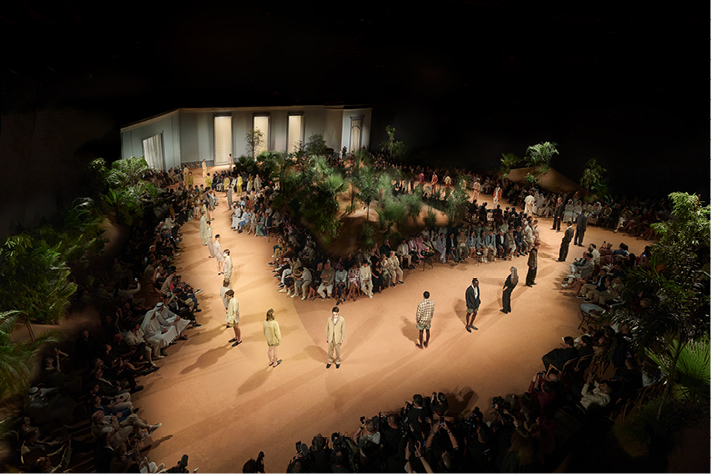
Zegna started as a family business, but today it’s a global brand. What advice would you give to family businesses looking to grow?
First, ask yourself where you want to be and what you want to create. Who is your customer? These sound like basic questions, but they help shape your vision.
Ask yourself: where do I want the business to be in ten years? It’s a tough question, but answering it allows you to build the right team and start laying the foundation. You’ll need the right people, the ability to tell your story simply, and the courage to take risks.
This can be one of the hardest things for any entrepreneur. But if something doesn’t work, try again. Don’t give up; that’s the essence of any startup.
After COVID, we had to approach Zegna like a startup. We reassessed everything, made difficult changes, and those decisions took us to new heights. That, and taking the company public, are probably the two biggest accomplishments of my career. Before COVID, I was the first to say I’d never take the company public, but I changed my mind, and I had to explain why. That was tough, but necessary.
You need a high level of self-awareness. Never overpromise. It’s better to under-promise and deliver; making your promises a reality is one of the biggest challenges. In the past, I only had to deliver to the family. Now, I’m responsible for all of our stakeholders.
How would you describe Zegna for the next 10 years in one word?
True. True to itself, to its history, to its authenticity. And always modern, whatever the lifestyle of the next decade may bring.






